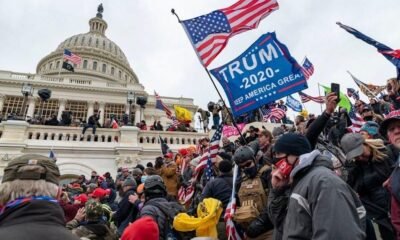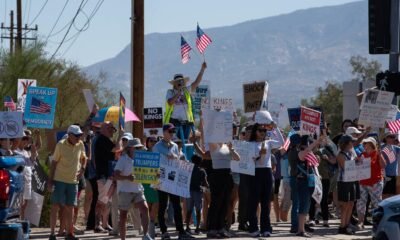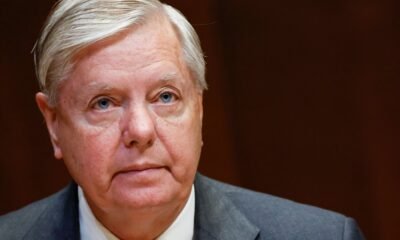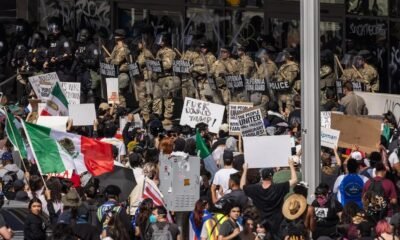Business
Trump Escapes Jail: No Fines or Probation as NY Felony Sentencing Unfolds
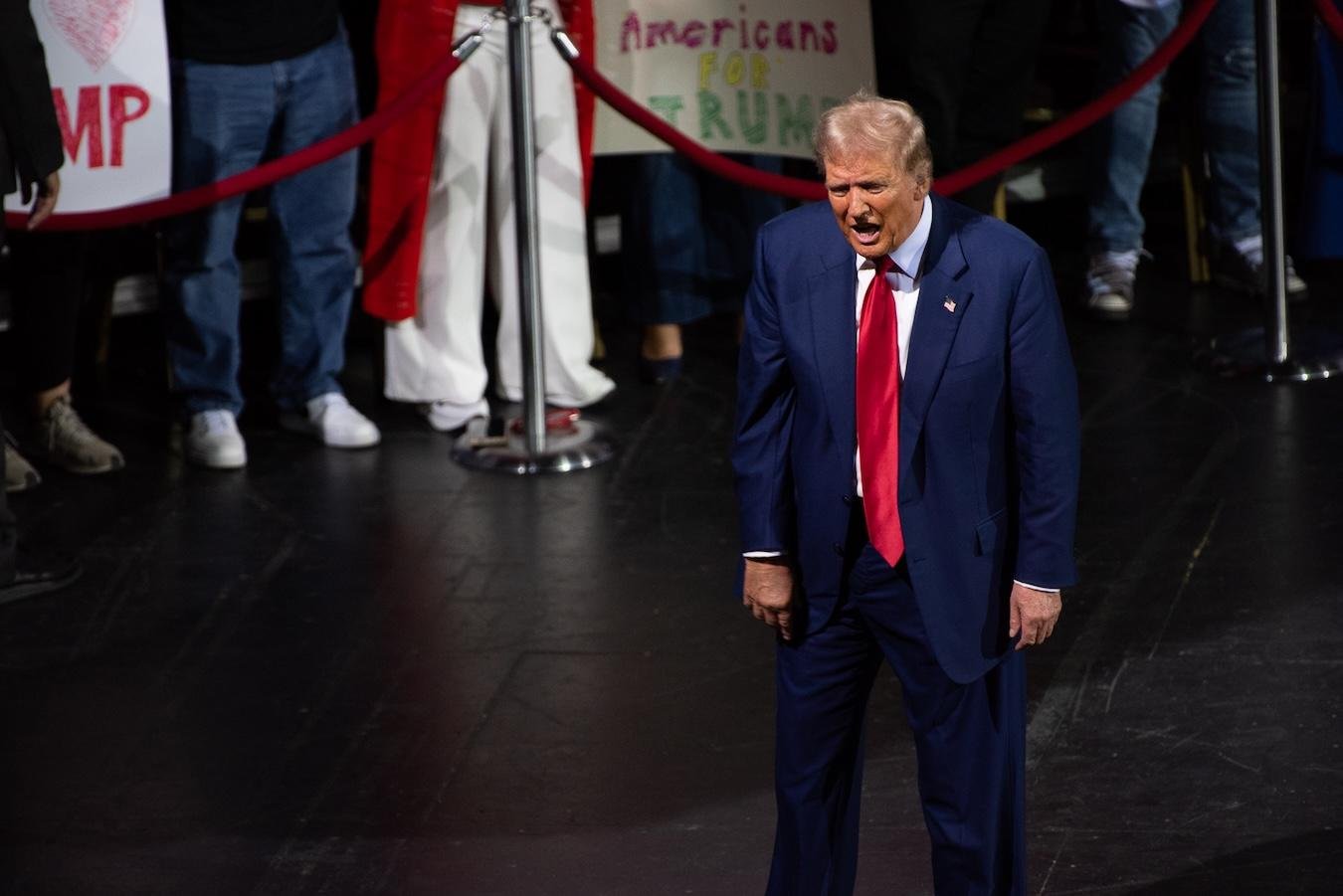
This story was originally published by The 19th.
President-elect Donald Trump faced no consequences at his sentencing on Friday, despite being found guilty of 34 felony charges related to falsifying business records. These charges were intended to conceal details of an extramarital affair during the 2016 election campaign. Judge Juan Merchan indicated that Trump’s position as president effectively shielded him from harsher punishment, allowing for an “unconditional discharge” instead. He could have received a maximum sentence of four years in federal prison.
This unprecedented case not only concluded with Trump’s felony conviction but also marked him as the first former president to be convicted of a felony. However, public opinion polls suggest that this conviction has not significantly affected Trump’s support among voters ahead of the upcoming presidential election.
Trump is set to take the oath of office for a second term on January 20, 2025, which would make him the first convicted felon to serve as president. Throughout the proceedings, he maintained his innocence and claimed that the legal challenges he faced were politically motivated attacks against him and his supporters. He also expressed intentions to seek retribution against his political foes once he assumes office again.
Moreover, a recent poll by 19th News/SurveyMonkey found that American women identifying as independents or Republicans were less likely to view Trump’s conviction as unjust compared to their male counterparts.
During the sentencing, Trump participated via video conference, appearing on screens in the courtroom. He reiterated his innocence and criticized the judicial process, labeling the case a “tremendous setback” for New York’s legal system.
The charges stem from payments made by Trump’s former attorney, Michael Cohen, to adult film star Stormy Daniels. These payments were allegedly made to prevent Daniels from revealing an alleged sexual encounter, which Trump has denied. Prosecutors argued that the act of falsifying business records was intended to cover up another crime, thus escalating the charges from misdemeanors to felonies.
